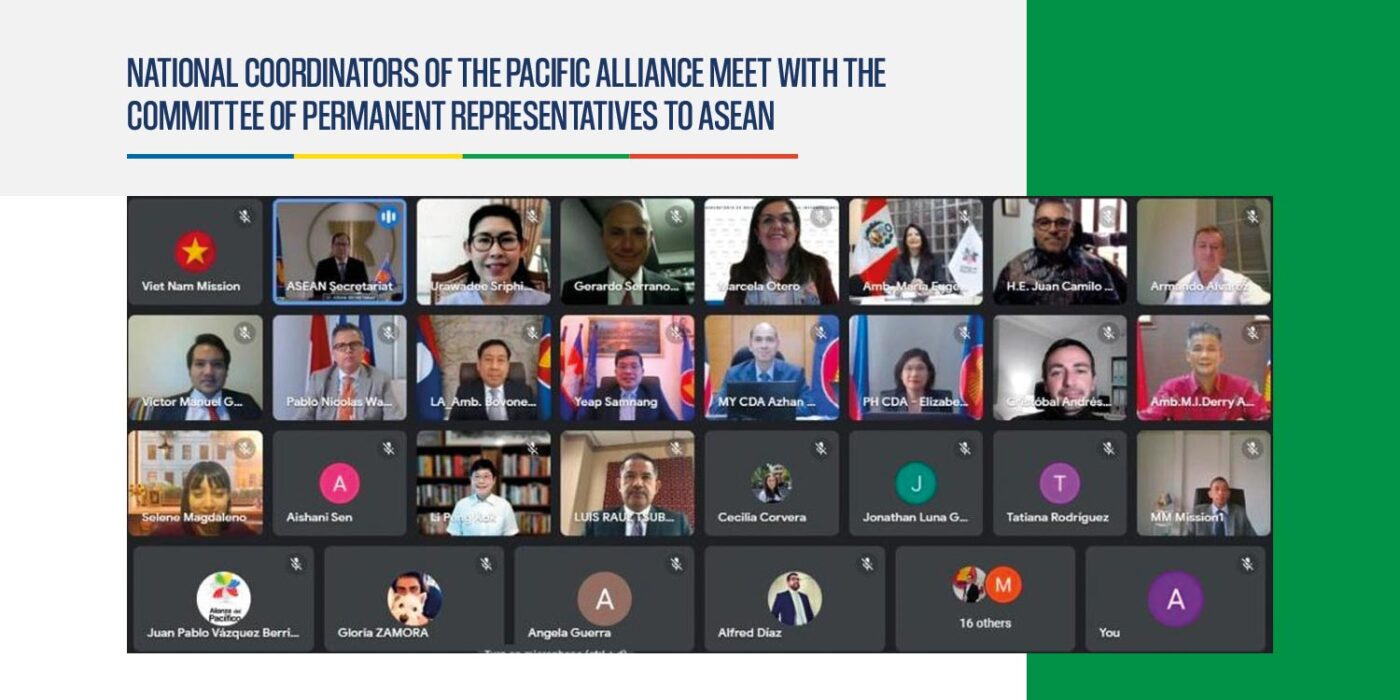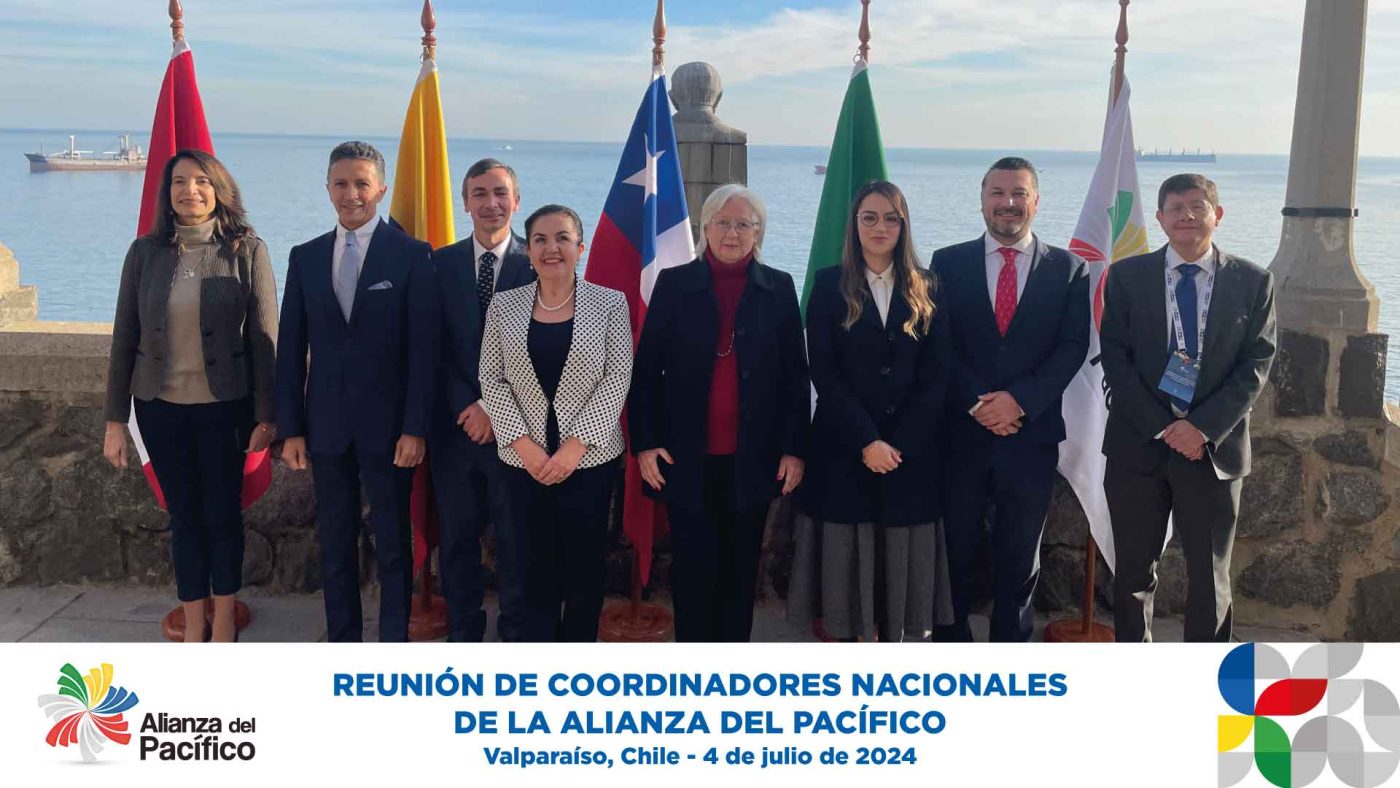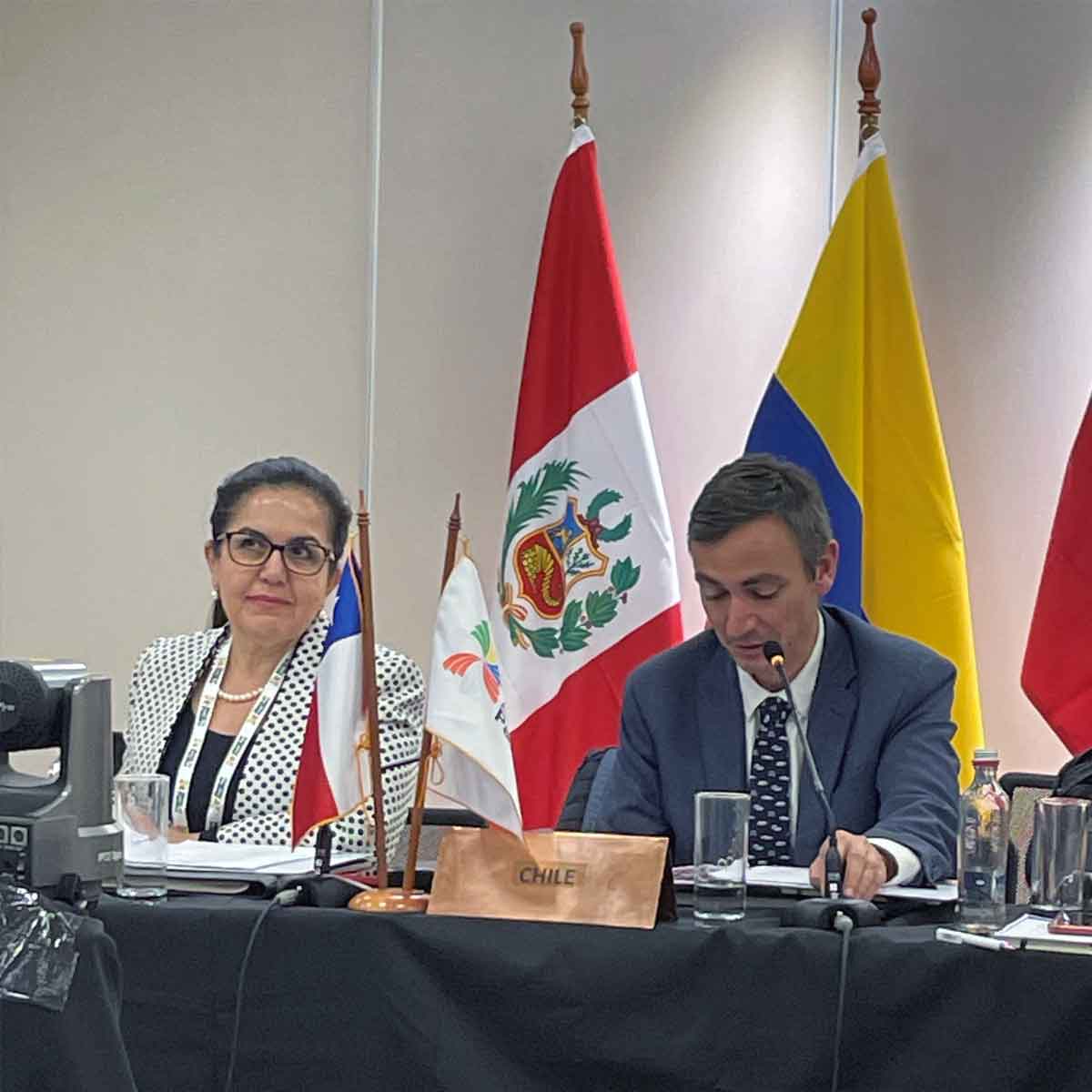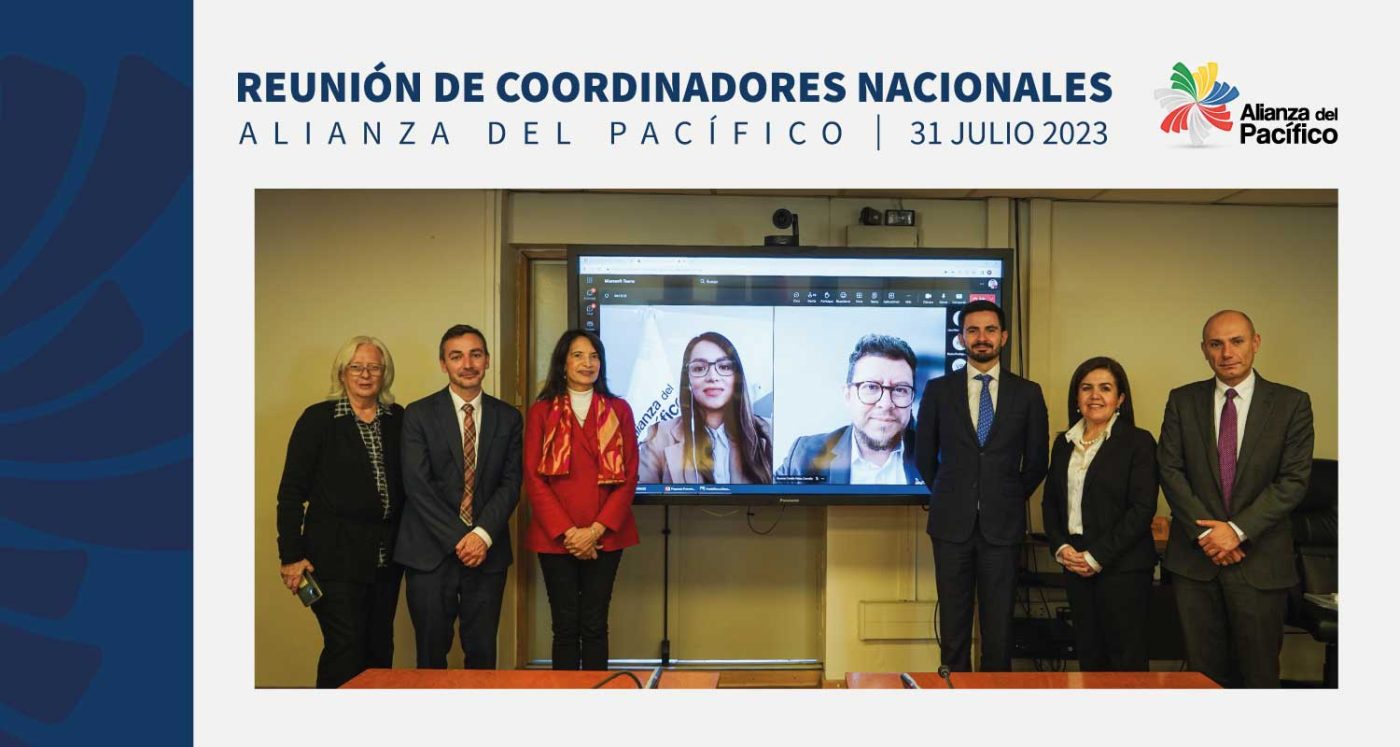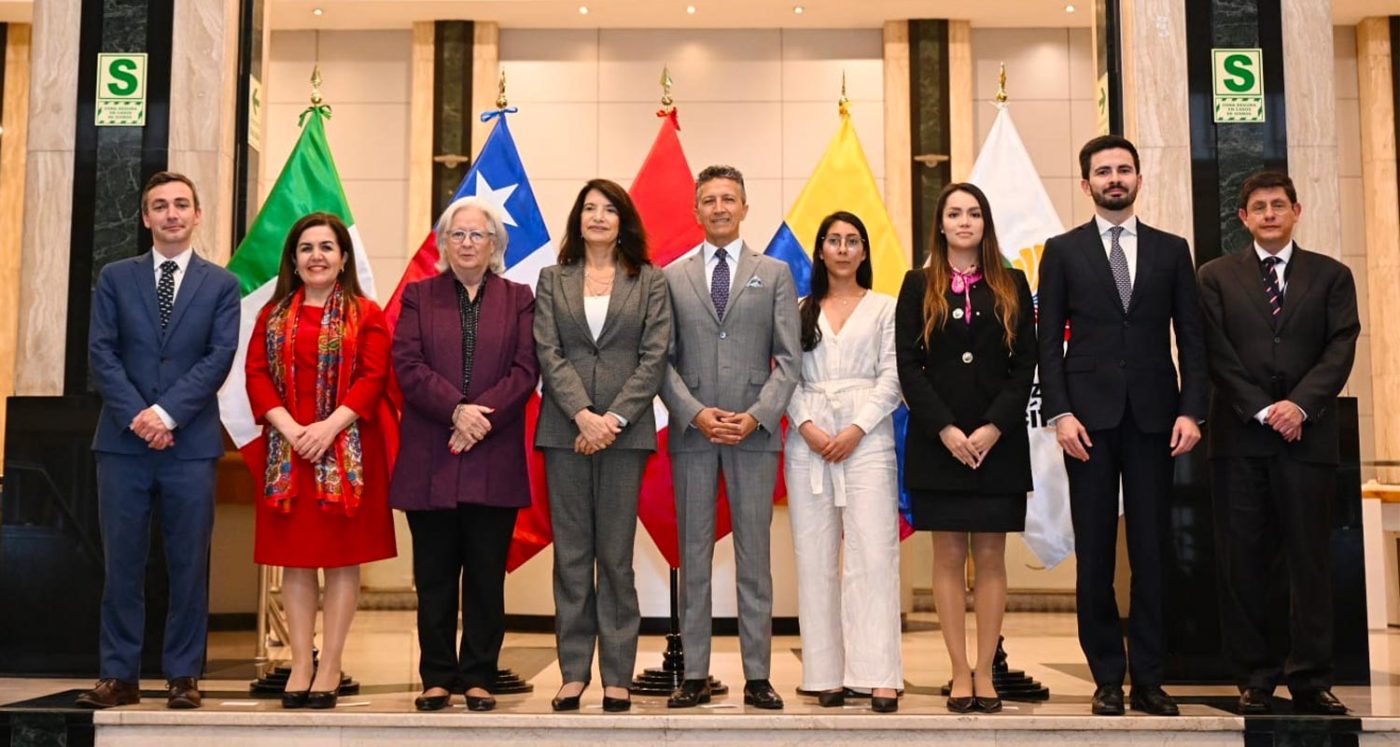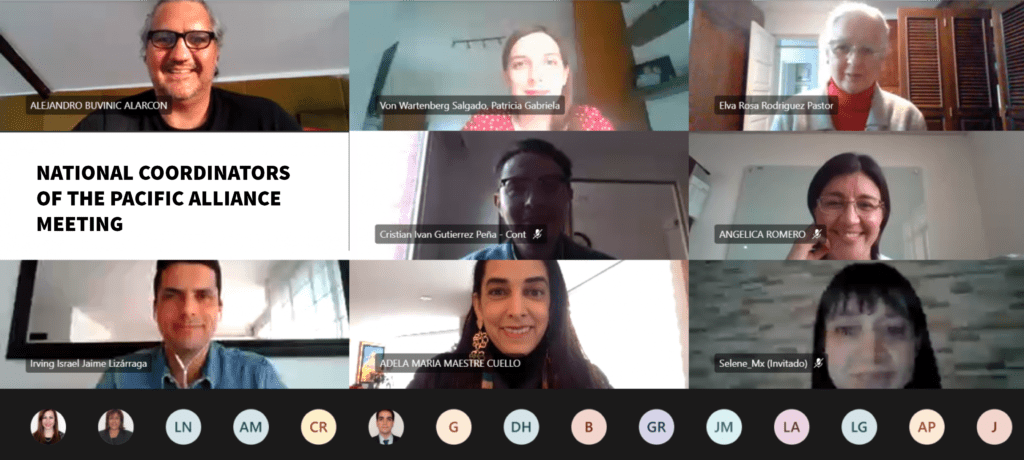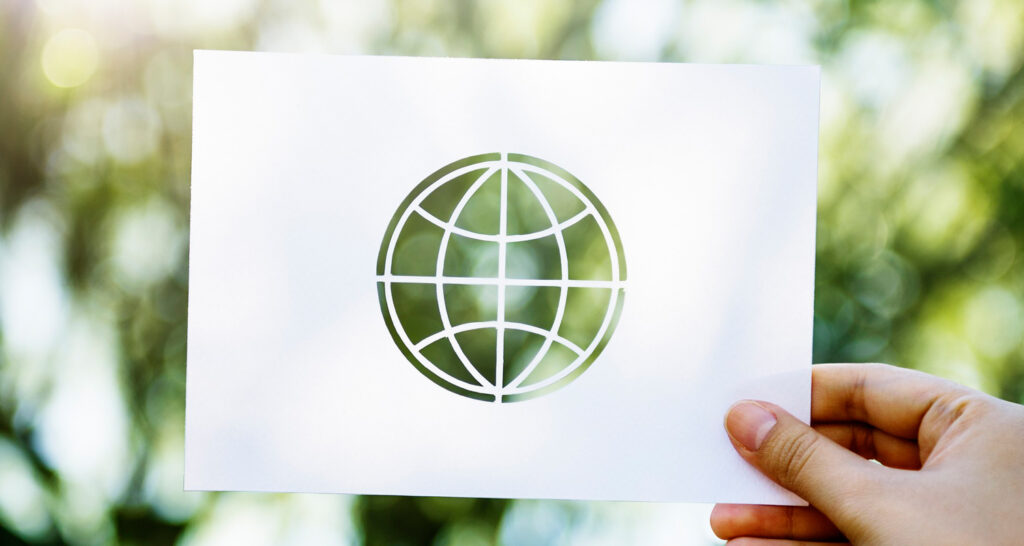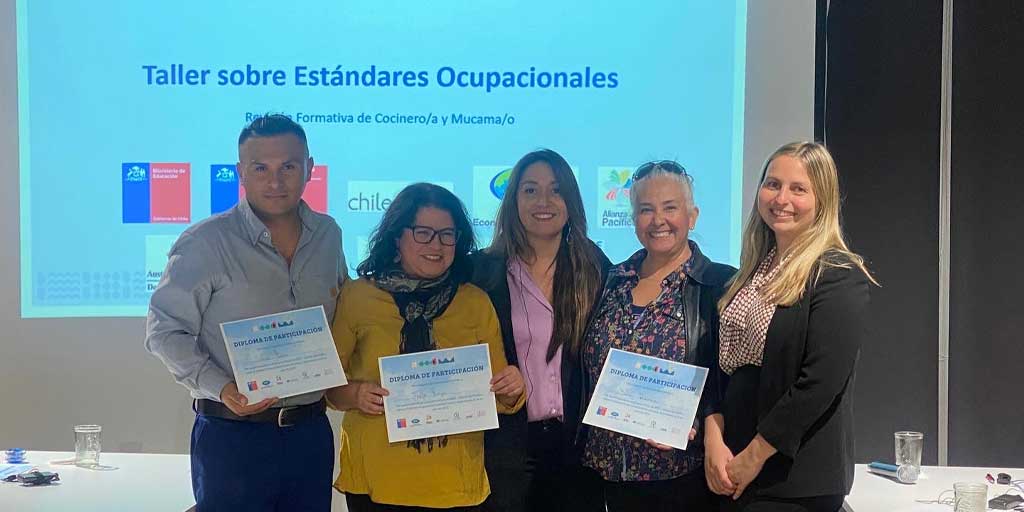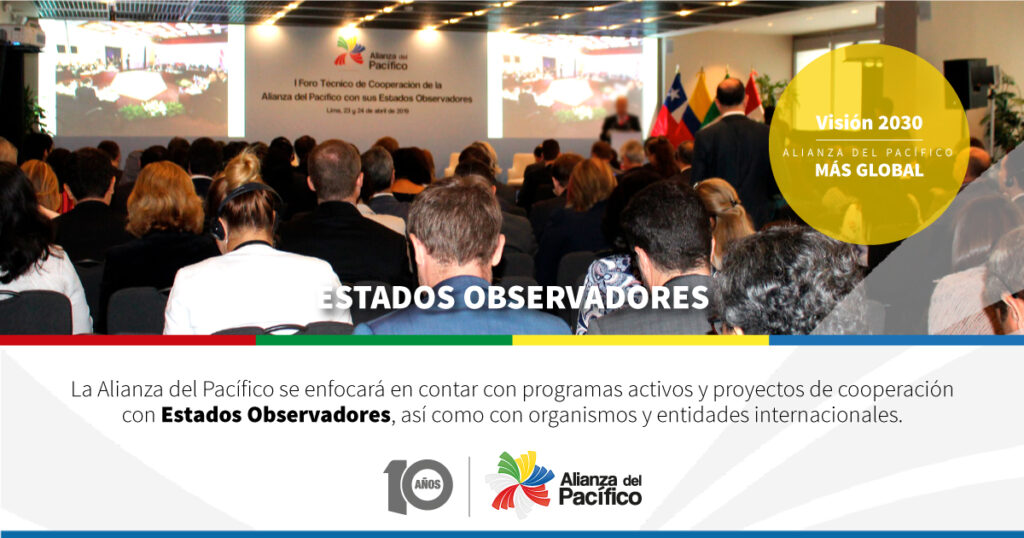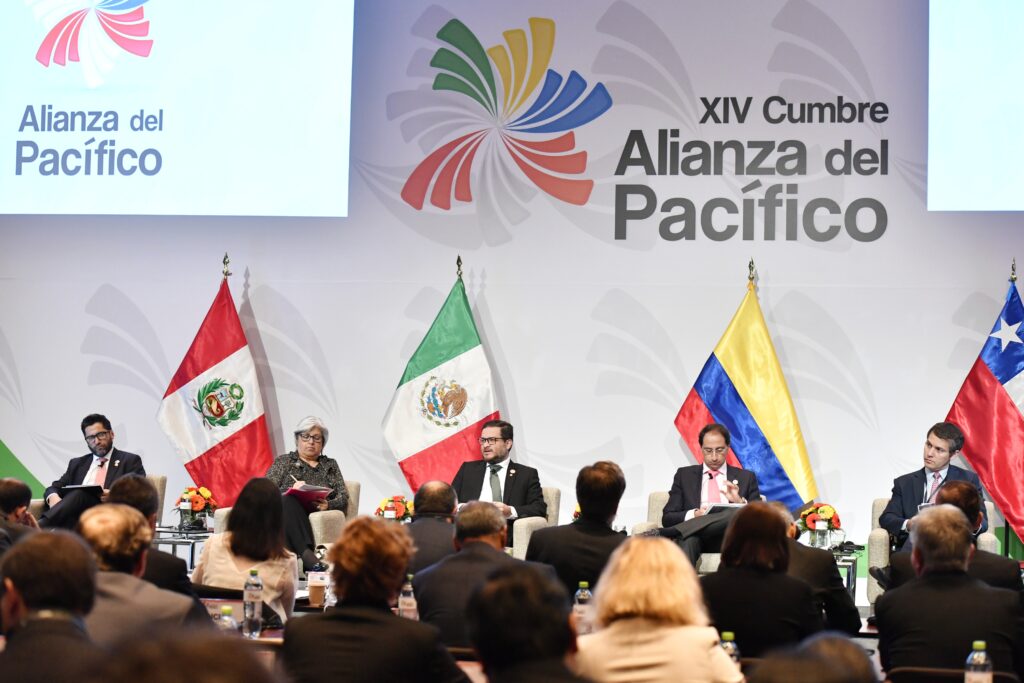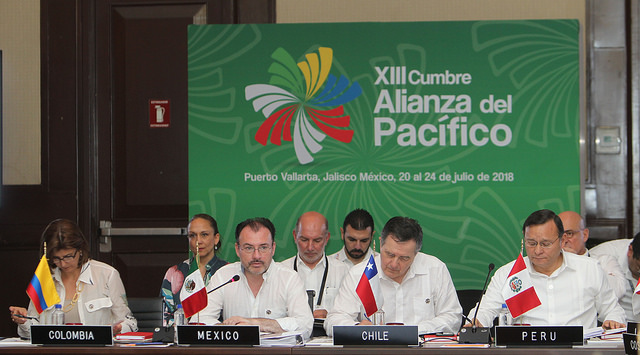April 25, 2023.- The Human Capital table of the Undersecretary of Tourism of Chile together with Sernatur, Chilean Association of Tourism (ACHET); Chilean Federation of Gastronomy (FEGACH), Ministry of Education and ChileValora organized two training days for the occupational profiles of kitchen teacher and maid teacher for more than 50 tourism, gastronomy and hotel professionals.
In both days, Chilean standards were compared with the international level offered by APEC. These activities were developed within the framework of the APEC – Pacific Alliance project, promoted by the Education Department of the Australian Embassy in conjunction with Chilean public institutions since 2016.
For the Undersecretary of Tourism of Chile, Verónica Pardo Lagos, “these instances of national and international articulation around the professionalization of human talent are vital for our sector. We know that Chile has come a long way in international standards, but we can always continue to improve our quality of service and experiences through these initiatives that must be permanent over time.”
Likewise, from the Ministry of Education of Chile, the Undersecretary of Higher Education, Víctor Orellana Calderón, highlighted the importance of professional technical education and trades, “as a path to development, therefore, it is not just about training skills and obtain titles, but to build a capacity at the service of the modernization of our production processes. For this reason, it is very necessary to work in an articulated way in the definition of standards that facilitate and make the training processes even more relevant. In this sense, we have made progress in a Qualifications Framework policy to be clear about the skill profiles we need. We know that learning is a permanent process and if we want to continue advancing under international standards, we have to generate more instances like this one”, he indicated.
Australia, Chile, Colombia, Mexico and Peru have developed these face-to-face workshops within the framework of the APEC-Pacific Alliance Project, and Australia is a member of APEC and an Observer State of the Pacific Alliance, which is why the Vice Head of Mission, the Mrs. Joanne Lovejoy emphasized the interest of both countries in promoting the recovery of the tourism sector after the pandemic, and that this depends on having trained personnel who can satisfy the national and international demand for work in this sector. He also stressed that “APEC has been carrying out cooperation work on qualifications for a long time that focuses on linking governments, industry and educational institutions so that the supply of training is better aligned with the demand for employment.”
From ChileValora, its Executive Secretary, Ximena Rivillo, mentioned that “the Pacific Alliance has shown significant progress in the recognition and homologation of labor certifications. This APEC initiative allows us to move further towards strengthening the employability of people who hold these certifications beyond national borders”.
These conferences were of great value for unions such as ACHET and FEGACH, which participated in the workshops, regarding which they pointed out that “it is of great relevance to position the work of the tourism human capital table in projects like this, which allow promote the process of continuous improvement in the professionalization of the human capital of the sector. The link with international peers in matters of job training is a very valuable element that we must maintain”, according to Lorena Arriagada, ACHET General Secretary, while Felipe Yáñez, FEGACH president, emphasized that “national and international articulated work is the key to continue advancing in the training and closing gaps of those who give life to the worker and professional sector”.

